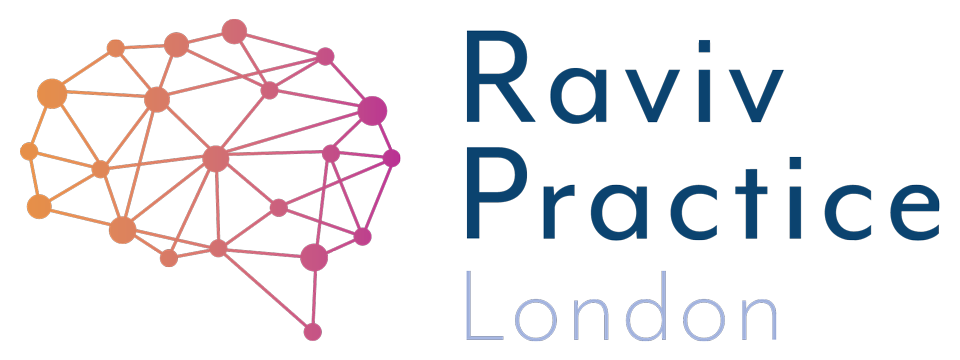What is the best way to help my undiagnosed child, age six?
Listening to your child
read can boost
confidence
What is the best way to help my undiagnosed child, age six?
Is your young child ready for most things at the weekend or during the holidays? Would they enjoy a trip out to the park or the shops? Would they like to go visit gran for a glass of milk and a biscuit? Would they do all this willingly and happily?
But as Sunday evening approaches you might feel a sense of dread. Because Monday to Friday your child (you know, the one who got up early to read a book on Sunday) is in a different frame of mind entirely. Now they don’t want to get out of bed or come for breakfast. They get easily upset about unimportant things. They might even complain of a headache or tummy pains.
Why does your normally chatty and curious child has such an aversion to school? When you scratch the surface, you discover more about what they want to do versus what needs to be done. You think about this, worry about it. You may google 'has my child got dyslexia..' or 'what is neuro-divergence.'
What to do if you've convinced yourself your child has some sort of learning difficulty
As a trained specialist in child therapy my best advice is; please hold on!
I understand you are desperate to help, but your child is too young to be diagnosed (a diagnosis is not possible until eight years old in the UK). The school keeps saying everything is fine, there is loads of time, but you, the parent, are not convinced. That seed is now growing into a small tree, and you see a forest on the horizon. You see all the options of Oxbridge evaporating in front of your eyes, and each day you compound your fear.
“As time goes on, the world is learning those people who do not fit the typical way of thinking are the gems ”
So what?
Did you know Albert Einstein, Thomas Eddison, and Steven Spielberg all had some sort of dyslexia or neuro divergence? What about Jamie Oliver, Tom Cruise, John Lennon and Pablo Picasso? Yep, them too!
As time goes on, the world is learning those people who do not fit the typical way of thinking are the gems they want to employ. In a world of machine learning and artificial intelligence, your child will stand out as having valuable and unique processing skills that mark them out from others in a good way. The sort of special processing skills even the smartest computers will not be able to learn for themselves.
Please don't give up hope and, above all, please remember you are not alone. There are places like Raviv Practice London who can get your child back on track and even overtake those that seem in front now.
Tips to help your neurodivergent child (who may or may not have dyslexia):
1. Be happy and keep your child happy. Focusing on what things they do well, and praising them for it will help them do more of the things that come easy. Praise also builds self-esteem, which helps keep your child motivated to do more. Everything they do is learning involved. Football requires counting, cake making requires staying focused, drawing requires fine motor coordination. Look to see where learning is taking place and praise, praise, praise! Remember, no individual can produce any work of value if they are unhappy or depressed.
2. Can your child work in sequence? Thinking and working in order is so important – not just at school, but in everyday life too. It is especially important when your child learns to read because there can be big problems if your child can not sequence the sounds they are reading. The process of understanding numbers is also a natural process of understanding sequence, and skills in logic and maths build on from there. You might see this problem first in their daily routines, such as struggling to know what to do in what order when getting ready in the morning. You need to start working on this as their first learning skill.
3. Can your child stay on task for simple things? For example, how long can they play card games, lego or colouring? Measure that duration and extend it every week. It is so important to build sustained attention in every area of a child's life, as they need to be able to follow through things to completion. If they find staying on task difficult, you need to focus on a hand full of activities each week and increase them each subsequent week. So if you child is able to set the table, make sure they do it every day, and then clear the table away too. I am not saying they have to be accountable for the whole task, just their part. Can they do it? If not, start working on that now. Chores are about so much more than just keeping your house tidy!
4. Learn about the importance of movement, which is very important to learning. Children below the age of 7 are not designed to sit still and study. They need to be taking regular movement breaks so they can be more alert. For this reason, using movement and learning together can be really effective. Playing catch when counting, or playing catch when spelling, is a powerful way for them to use their bodies to help their brains.
5. Find out everything you can about working memory. It is a key cognitive skill, and the sooner you can check your child's working memory and help build it up, the better they will be at everyday activities. A weak Working Memory is often present in every diagnosis that exists. Get up to speed how simple things like sitting quietly for a few minutes every day can help boost brain function.
These are my most basic tips every parent should be employing. You can start even before they start school at age 4. They are the most important building blocks of learning.
If you need help, or further guidance, get in touch! I’m here to help.
Dyslexia? Dyspraxia? ADHD? ASD? Speech & Language? Developmental Delay? Anxiety?
Is every school day a struggle? As a parent, you may feel exhausted and on this journey alone. Each year you see the gap getting wider. You need to do something - change the approach, help your child learn for themselves, find a way to turn this around - to help while you can - do this NOW. the first step is free.
About the Author
Usha Patel is a Neurocognitive Therapist and Director at Raviv Practice London. Parents searching to help their suspected/neurodiverse child can get evidence-based solutions with results in as little as 8 weeks. Those in search of jargon-free help can get started straight away.


